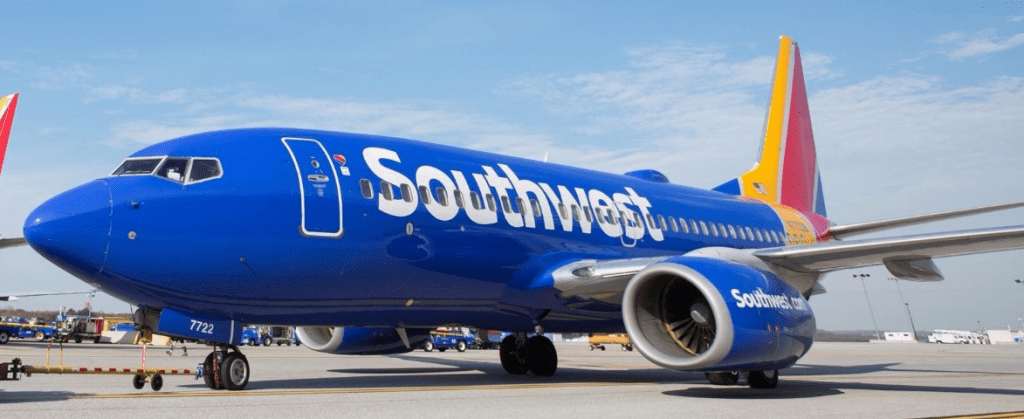The recent Southwest Airlines fiasco highlighted a potential opportunity to use quantum computing technology for airline scheduling optimization, but quantum computing also could have a positive impact in other ways as similar situations arise in the future.
“Airline scheduling optimization is a well-known use case of quantum computing, and in Europe we can see Lufthansa pioneering this use case, having joined the German Quantum Technology & Application Consortium (QUTAC) earlier this year,” said Esperanza Cuenca-Gómez, Head of Strategy and Outreach at Multiverse Computing. “The benefits of quantum computing for the airline industry, however, go well beyond airline scheduling. A maybe overlooked use case of quantum computing for airlines is more accurate weather forecasting, which certainly would be very useful given the recent events in the USA and Canada.”
Indeed, many quantum technology companies have been pursuing projects related to weather forecasting, as well as climate change.
“Other known use cases for airlines include optimization of maintenance processes, gate assignments and air cargo distribution,” Cuenca-Gómez said. “All of these use cases (scheduling, route planning, flight plans optimization, weather forecasting, optimization of maintenance processes, gate assignments and air cargo distribution) could help airlines to prevent disruptions and get back to normal as fast as possible after a disruption.”
While the recent airline problems have shed a light on quantum computing and likely raised awareness of how airlines and related companies could leverage quantum technology in the future, it also is important to “recognize that quantum computing is not a silver bullet,” according to Michael Biercuk, founder and CEO of of Q-CTRL,
In the recent case involving Southwest Airlines, a series of weather disruptions and other factors “were out of the control of any computing system,” he said.
But, he added, “That said, there are opportunities for better computational tools used in route scheduling to ease recovery from this kind of disruption. In particular, the team at Q-CTRL has investigated a specific problem in transport network optimization that could speed redeployment of critical airline assets after a disruption. Typical tools used in transport scheduling under the so-called ‘capacitated vehicle routing problem’ are slow, and leave considerable room for improvement in the quality of solution on the table even at very small problem scales. With a new hardware-efficient implementation we showed that it’s possible to attack problems capable of delivering actual quantum advantage within the next few years, based on industry scaling roadmaps.
Even if quantum computing would not have been a silver bullet for Southwest’s troubles, Biercuk was emphatic in his belief that quantum computing can be a valuable tool if a similar situation were to happen again: “We believe that any additional tool at the disposal of logistics managers facing challenging circumstances would be welcome!”
Dan O’Shea has covered telecommunications and related topics including semiconductors, sensors, retail systems, digital payments and quantum computing/technology for over 25 years.
